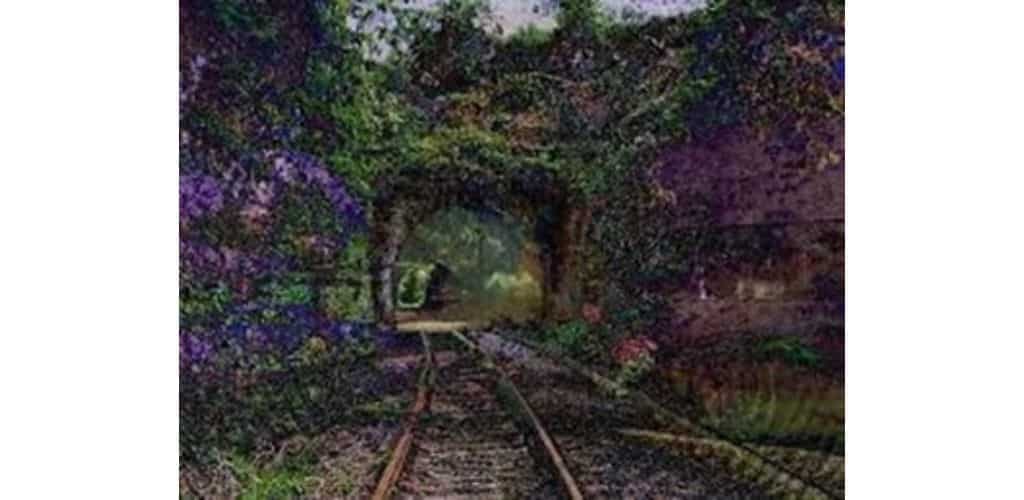Almost every week sees a new development in the field of artificial intelligence (AI) law.
Here are some recent highlights.
The “Creativity Machine”
Computer scientist Stephen Thaler, who has made many efforts to define and push the boundaries of intellectual property (IP) law in connection with AI, contended that his computer system “Creativity Machine” had autonomously generated work of visual art he called “A Recent Entrance to Paradise” (shown above).
When he sought to register the copyright for the work, the US Copyright Office initially rejected the application, as current Copyright Office rules require human authorship for copyright.
When Thaler challenged this decision, the US District Court for the District of Columbia issued a memorandum opinion upholding the Copyright Office decision.
Thaler argued that he was entitled to ownership of the copyright to the “art” as a “work-for-hire” since he is the owner of the “Creativity Machine.”
This is analogous to the legal principle that an employer normally owns IP created by an employee in the course and scope of her or his employment.
The court agreed with Thaler that
copyright law has proven malleable enough to cover works created with or involving technologies developed long after traditional media of writings memorialized on paper.
And the court agreed that “Copyright is designed to adapt with the times.”
However, said the court,
Underlying that adaptability… has been a consistent understanding that human creativity is the sine qua non at the core of copyrightability, even as that human creativity is channeled through new tools or into new media. In Sarony, for example, the Supreme Court reasoned that photographs amounted to copyrightable creations of “authors,” despite issuing from a mechanical device that merely reproduced an image of what is in front of the device, because the photographic result nonetheless “represent[ed]” the “original intellectual conceptions of the author.”
The court agreed with the Copyright Office that human authorship is an essential part of a valid copyright claim:
Copyright has never stretched so far, however, as to protect works generated by new forms of technology operating absent any guiding human hand, as plaintiff urges here. Human authorship is a bedrock requirement of copyright.
Failure to Disclaim
The US Copyright Office also refused to register a visual work that included elements generated via AI.
The work was entitled “Thtre D’opra Spatial” and submitted by Jason M. Allen.
The Copyright Office determined that the work contained more than a de minimis amount of AI-generated content, and that Allen had refused to disclaim ownership of the AI content in his copyright application.
Allen had initially filed a copyright application in September 2022 but did not disclose at that time that he had used AI to create the work.
He used a generative AI tool called Midjourney and guided it using a series of 600 prompts to create the final work.
The AI issue only came to the attention of the Copyright Office because Allen’s work was the first AI-generated image to win the Colorado State Fair’s fine art competition.
The copyright examiner then sought more information about Allen’s use of AI. When he refused to disclaim the AI elements, his copyright application was denied.
The Copyright Office had previously announced that when a work has both human-created and AI-generated elements, the human elements can be protected via copyright law so long as the AI-generated elements are disclosed in the copyright application and thus excluded from copyright protection.
Public Opinion
On August 30, the Copyright Office announced that it was undertaking a study of the copyright law and policy issues raised by AI systems. To that end, it is seeking input, including from members of the public.
Written comments are due no later than 11:59 p.m. Eastern Time on Wednesday, October 18, 2023.
Specific instructions for submitting comments are available on the Copyright Office website at https://copyright.gov/policy/artificial-intelligence.
Just like the haiku above, we like to keep our posts short and sweet. Hopefully, you found this bite-sized information helpful. If you would like more information, please do not hesitate to contact us here.


